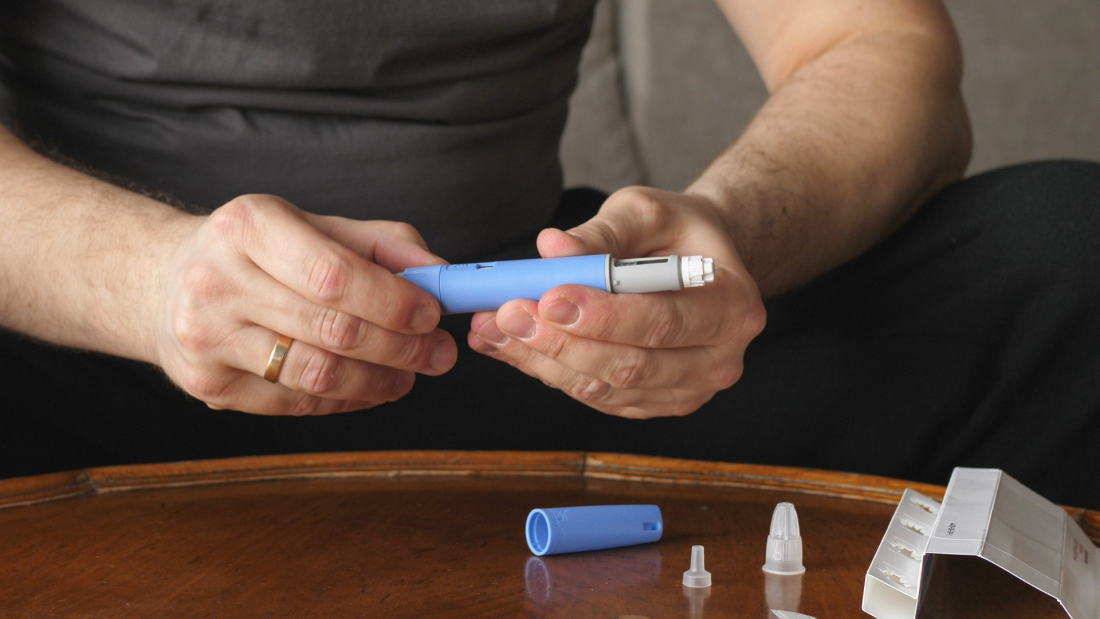Medication such as ozempic
Sometimes overweight people ask about medications such as Ozempic (semaglutide). Ozempic is a medicine intended for people with type 2 diabetes. It contains the active ingredient semaglutide, which mimics the hormone GLP-1. This hormone helps regulate blood sugar levels and reduces appetite.
GPs usually prescribe Ozempic and similar drugs only in specific situations, as it is not suitable for everyone. The guidelines are:
- The patient has type 2 diabetes;
- The patient takes for at least one year participate in lifestyle programme, such as the Combined lifestyle intervention (GLI);
- There is a medical reason according to the Dutch College of General Practitioners (NHG) guidelines.
Currently, the NHG does not routinely recommend the use of Ozempic and similar drugs in obesity. This is because not enough is yet known about the long-term effects and possible side effects in people without diabetes.



 Dutch
Dutch English
English